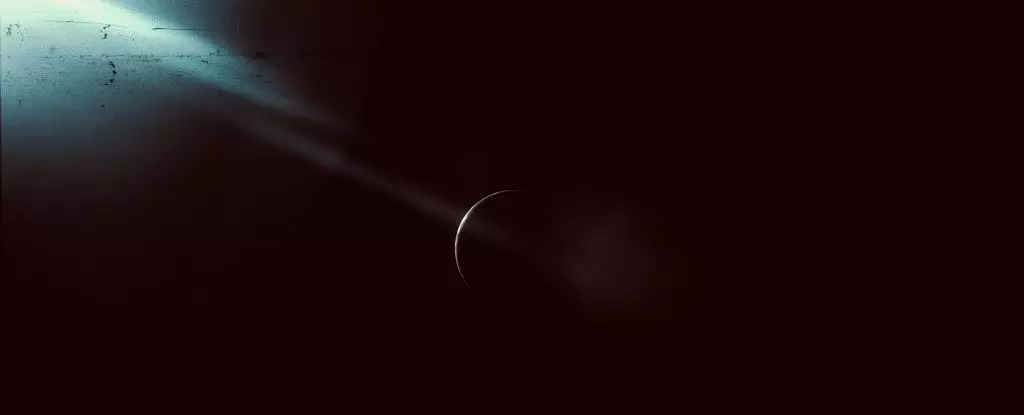In the vast expanse of the universe, Earth stands out as a unique and irreplaceable gem. Its striking blue seas, vibrant greens, and the delicate white of its clouds offer a stark contrast against the infinite blackness of space. Despite its beauty, most of humanity will never be privileged enough to view our planet from the heights of low Earth orbit, where the sheer magnificence of its presence can truly be appreciated. Nonetheless, those few who have had the opportunity to venture into space have returned with invaluable insights and profound reflections about our planet and its place in the universe.
The Apollo missions, particularly the iconic Apollo 15, provided us with some of the most moving imagery and experiences related to space travel. Al Worden, the mission’s command module pilot, played a crucial role in not only capturing stunning photographs of Earth but also pushing the boundaries of what was possible in space exploration. His experience of orbiting the Moon and witnessing Earth from such a vantage point fostered a deeper understanding of our planet’s fragility amid the cosmic tapestry.
During his time alone in the command module, Worden took a moment to immortalize the Earth as a small crescent, backlit by sunlight, showcasing its serenity juxtaposed against the endless void surrounding it. This unique perspective was not merely a visual spectacle; it represented the intricate interplay between our planet’s ecosystems and the universe that envelops it.
Worden’s journey didn’t stop at photography. He executed the first deep-space spacewalk, retrieving film cassettes that documented his remarkable adventure. These moments in space stirred his soul, leading him to explore poetry as a means of expression. In 1974, he published a collection of poems that encapsulated his experiences and emotions, with the poem “Perspective” resonating powerfully.
His words remind us that Earth, with all its complexities and vibrancies, is our only home. Through his poems, he communicated a sentiment that continues to echo among those who long for a connection to something greater than themselves. “Of all the stars, moons, and planets, this is the most beautiful,” Worden wrote, emphasizing the unparalleled charm of our blue planet nestled among the celestial bodies.
Despite his profound experiences, Worden left us with a sense of yearning, acknowledging that while he witnessed the wonders of space firsthand, the answers to deeper questions about existence and our place in the cosmos may remain elusive. He invited future generations to embark on their own journeys of discovery, encouraging a sense of curiosity and connection to the universe.
In an age where technology brings space closer to humanity, Worden’s reflections serve as a poignant reminder of the responsibility we have to protect our beautiful planet. As we look toward the stars, it is essential to remember our roots and the precious blue marble that supports life, evoking hope that we can embrace our shared stewardship of this extraordinary home.

